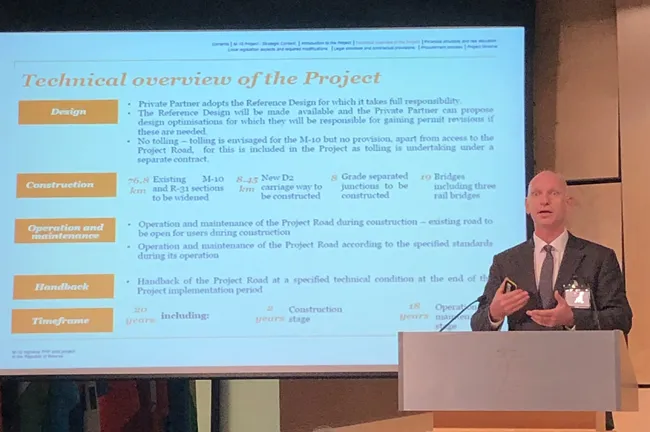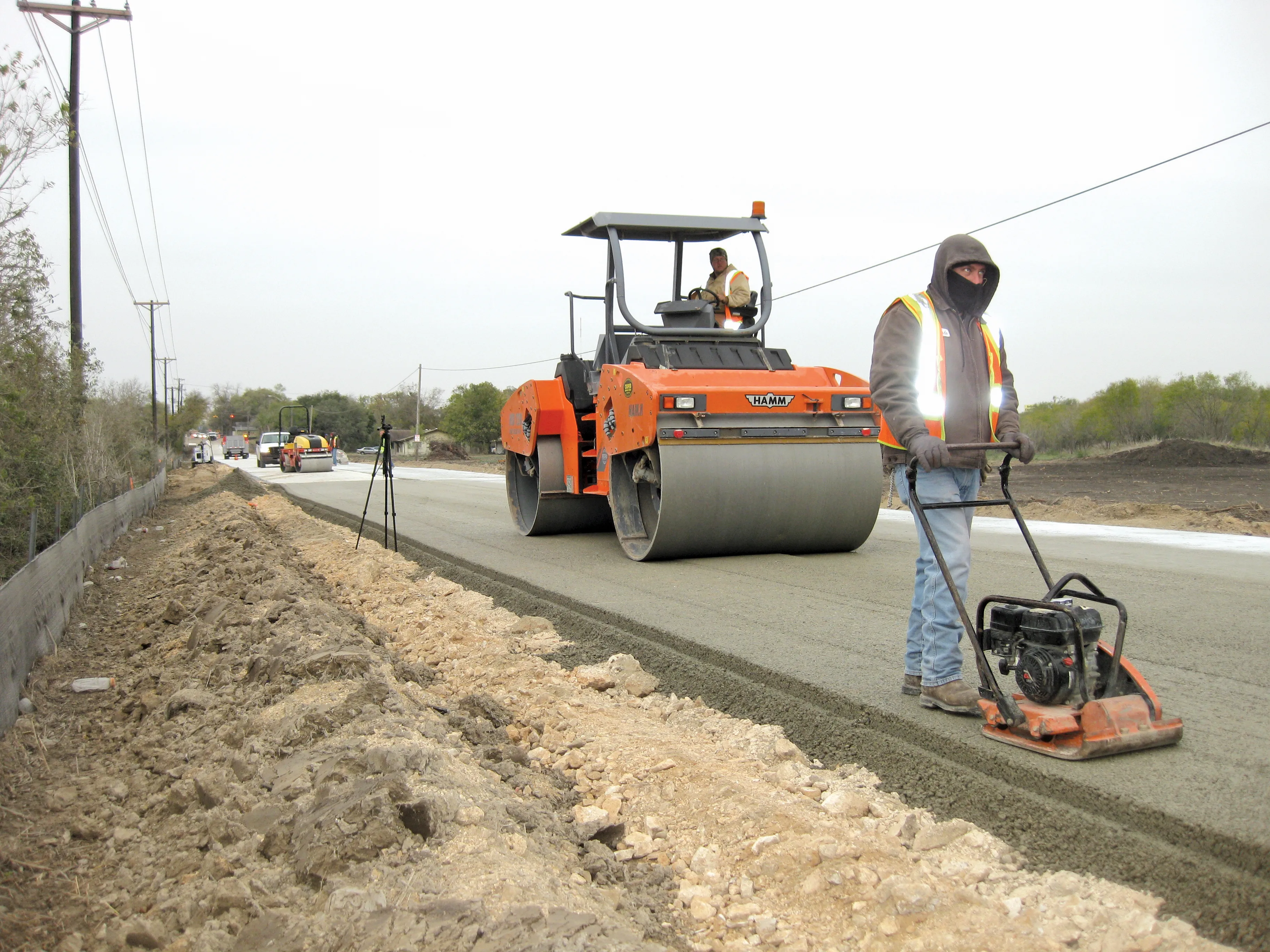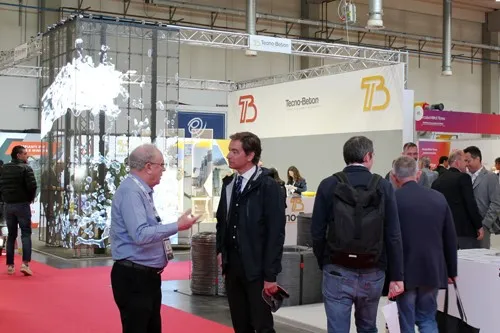
Camino Arce Blanco, technical and business development director at Sociedad Estatal de Infraestructuras del Transporte Terrestre (SEITT) demonstrated the last point with a case study on the M50 motorway which runs around Madrid. Research carried out with the University of Valencia showed that a resurfacing project on 35km of the motorway led to a 10% cut in fuel consumption for the 115,000 vehicles that use it every day – with associated carbon savings.
Juan Jose Potti, president of Spanish the president of Spanish asphalt producers’ association ASEFMA, urged those involved in road maintenance around the world to change the narrative around projects. “We need to say that we can reduce emissions and the consumption of fuel as well as improving comfort and safety,” he said.
Malcolm Simms director of MPA Asphalt at the Mineral Products Association shared details of the Asphalt Industry Alliance’s (AIA’s) Annual Local Authority Road Maintenance (ALARM) study in the UK. Now in its 30th year, the report’s aims remain the same as when it started: to encourage more investment in the local road network with the AIA estimating the current maintenance catch-up cost to be £16.18bn.
Steve Philips, secretary general of the Conference of European Directors of Roads (CEDR), said his members had committed to working in partnership with suppliers, and to better deploy data, to tackle the challenges of ageing infrastructure and climate change. While Christophe Nicodème, director of the European Road Federation (ERF) outlined the cost-saving benefits of preventative maintenance – and the huge costs to economies when roads infrastructure fails.
José Carlos Valdecantos, director at road data specialist Xouba, provided examples of how highways authorities are using data from connected cars to measure road surface conditions such as roughness and friction. Thomas Fabian, chief commercial vehicles officer at the European Automobile Manufacturer’s Association, ACEA, spoke about the need for new charging and refuelling infrastructure and policy changes on vehicle weights if fleet operators are to be fossil fuel free by 2040.
In closing, Karcher called for proactive maintenance strategies with dedicated funding, cross-sector agreements that will make big data available for highways authorities and managers and industry communication campaigns that better demonstrate the value of road maintenance to road users.









